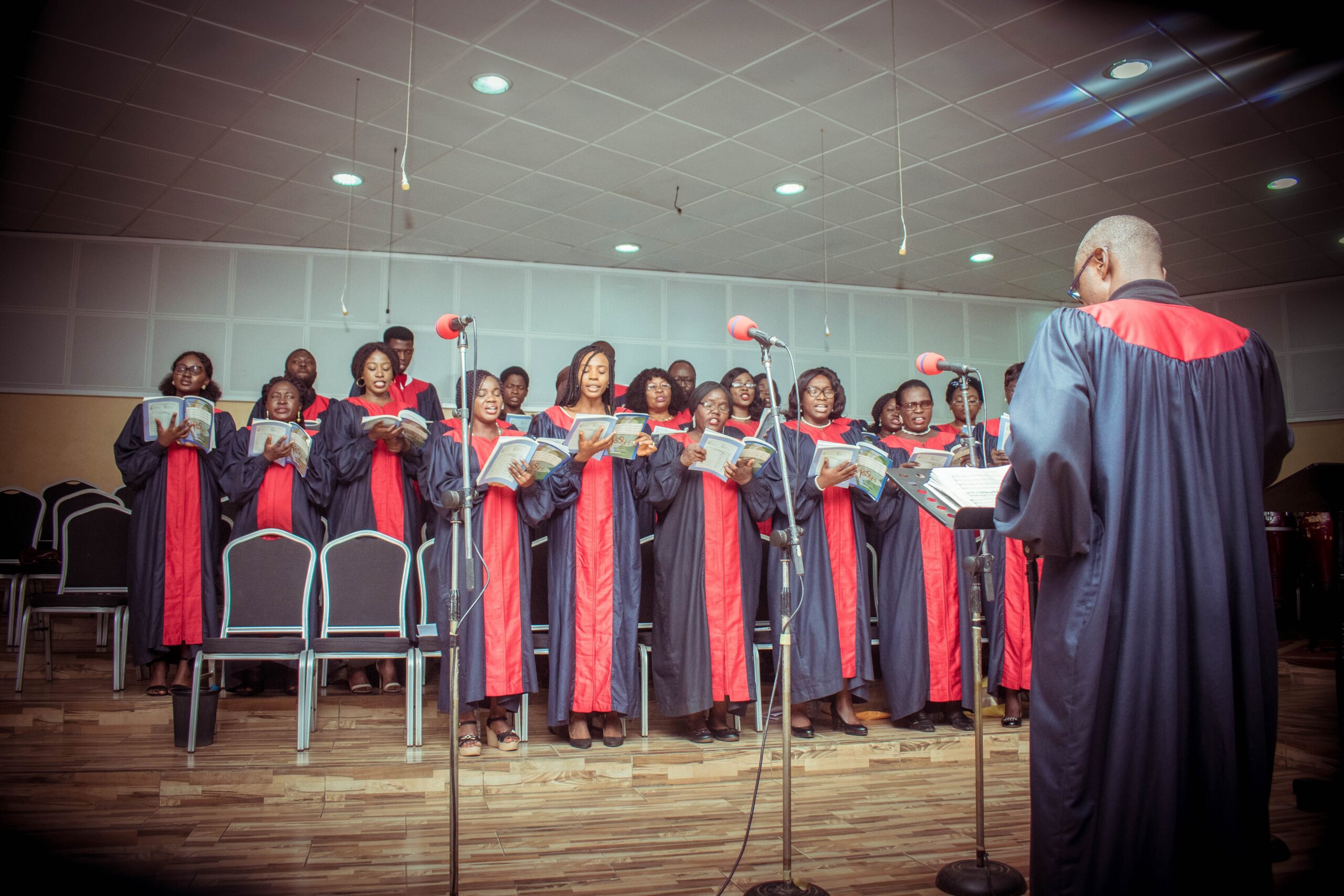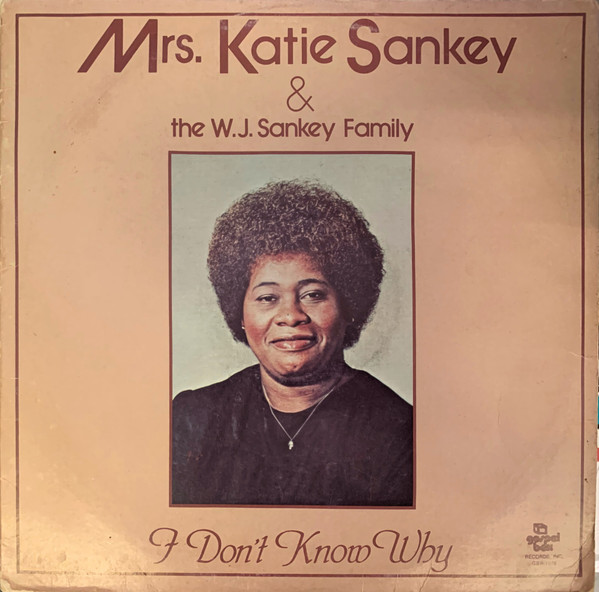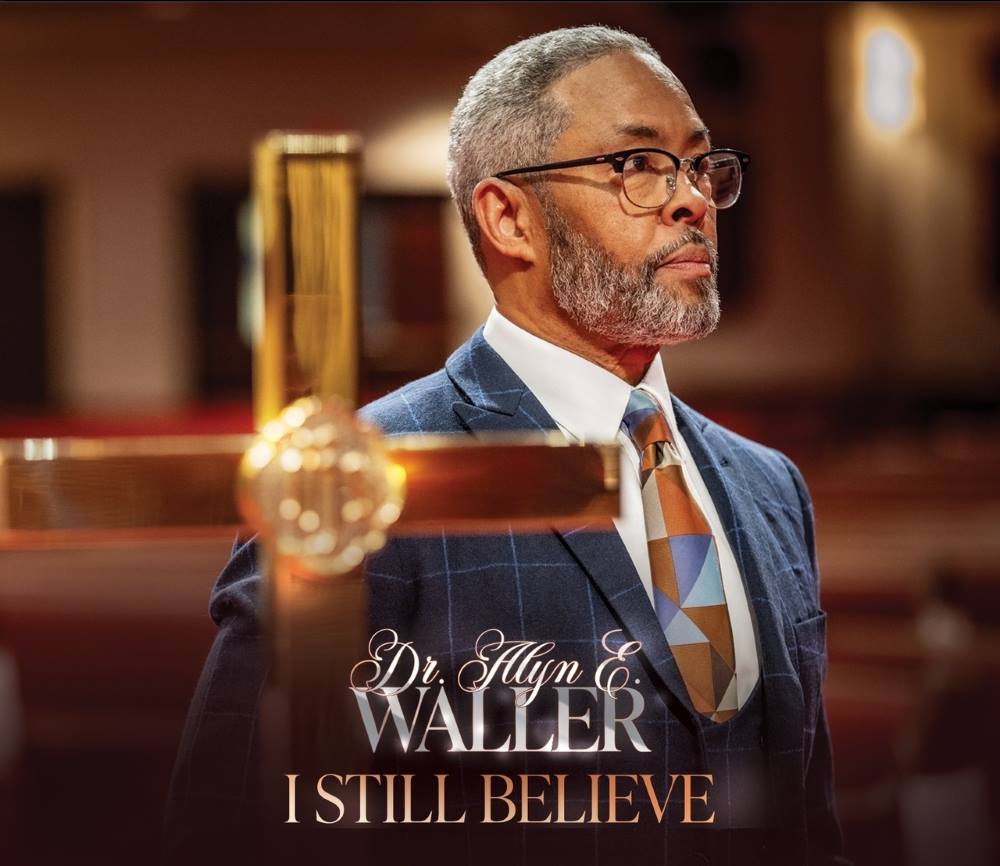By Cecille Richman for the Journal of Gospel Music
Gospel music has a long and rich history in the United States, and the modern songs known today wouldn’t be the same without the influence of music from states like Mississippi. Think of the Mississippi Mass Choir, one of the most famous gospel choirs in the country, and how their message of hope and unity combined with uplifting and soulful sounds have contributed to the genre today. The city of Clarksdale, right in the heart of the Mississippi Delta, has also played a big role in shaping the evolution of gospel music.
Its links to the blues and its roots in history have influenced the church and its music for decades. Here’s how Clarksdale helped develop gospel music.
Forming and raising artists
Clarksdale has had a long history with music and has been the birthplace of many musical legends, including Muddy Waters and Sam Cooke. To this day, new generations of artists from the city continue to carry the love for music and the blues that their predecessors had, paving the way for the future of the blues in Mississippi and beyond. As singer-songwriter Bacon James notes in his fictional bio, the blues are prominent in Clarksdale; for those born in the area, this type of music can run through the veins like the waters of the Mississippi River. The impact of the blues in Clarksdale has also flowed out into various directions, influencing all kinds of genres and music styles, further inspiring more prolific artists to hone their own musical sound. As such, blues became intertwined with gospel, with gospel artists becoming inspired by the genre and blues musicians contributing their talent to the church.
The connection between blues and gospel
Blues music is a significant part of Clarksdale culture and history, and the genre’s connection to gospel has shifted its sound. Both styles of music are integral to the African American experience. These songs detailed the sorrow and grief tied to their history but also the hope, dreams, and resilience they strived for in their everyday lives. In Clarksdale, blues and gospel evolved alongside each other. On weekends, blues musicians played together at juke joints, community spaces where African Americans socialized. On Sundays, they played at church. Both places still have a deep history in Clarksdale and have been instrumental in shaping the sound of blues and gospel music and their connection. Despite the numerous differences, especially in mood and tone, elements of each genre can be found in the other. Repetitive chord progressions, passionate and emotional vocals, and call-and-response type songs became uniting elements for the blues and gospel.
Music and identity in Clarksdale
While Clarksdale has long been known for its connection to music, the city also played a role in the civil rights movement, where music like the blues and spaces like the church provided solace, meaning, and liberation during these troubling and violent times. Gospel music became a way for the black community in places like Mississippi to define themselves in the presence of a higher power and to find meaning in a society that pushed back against their equality and freedom. By taking notes from the melancholy nature of the blues that flourished in Clarksdale, gospel songs became a means for African Americans to bring their lamentations to the Lord, but they also became a means to lift one another up and spread hope and meaning. Gospel music would likely not have evolved as it did without Clarksdale’s connection to civil rights, blues, and religion, which have become integral features of the city and its residents’ history.












 Visit Today : 9
Visit Today : 9 This Month : 27
This Month : 27